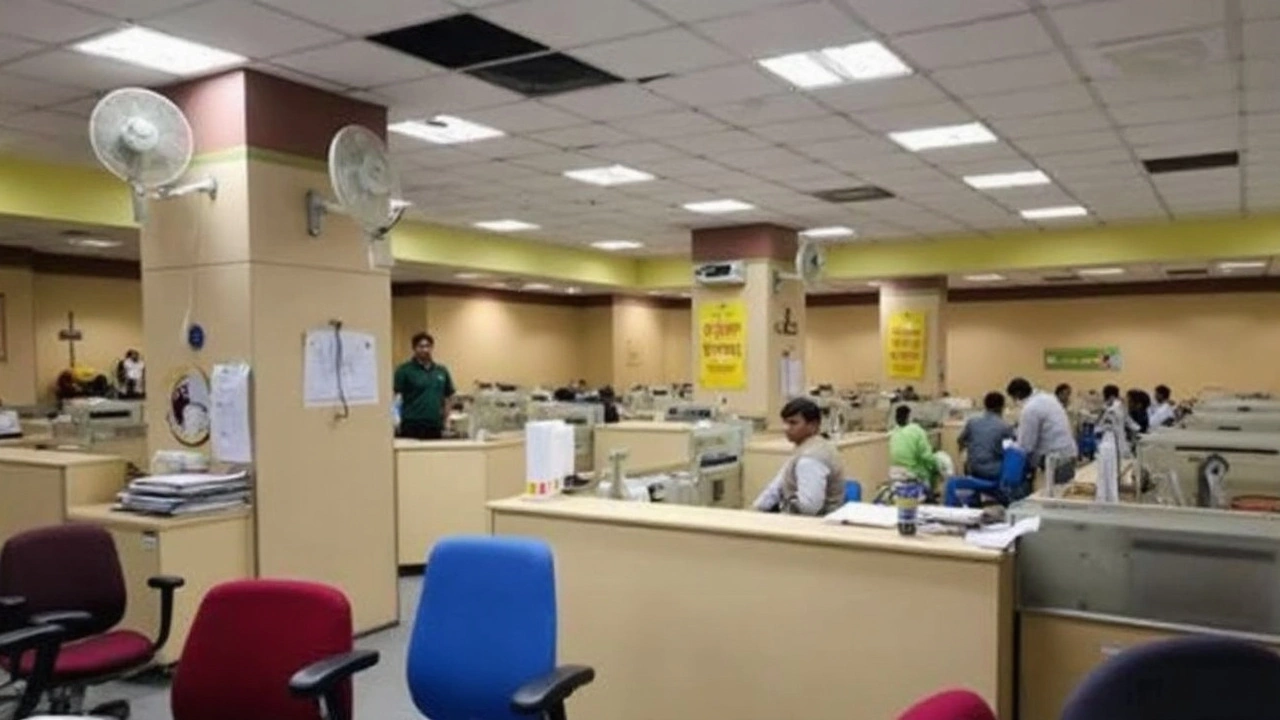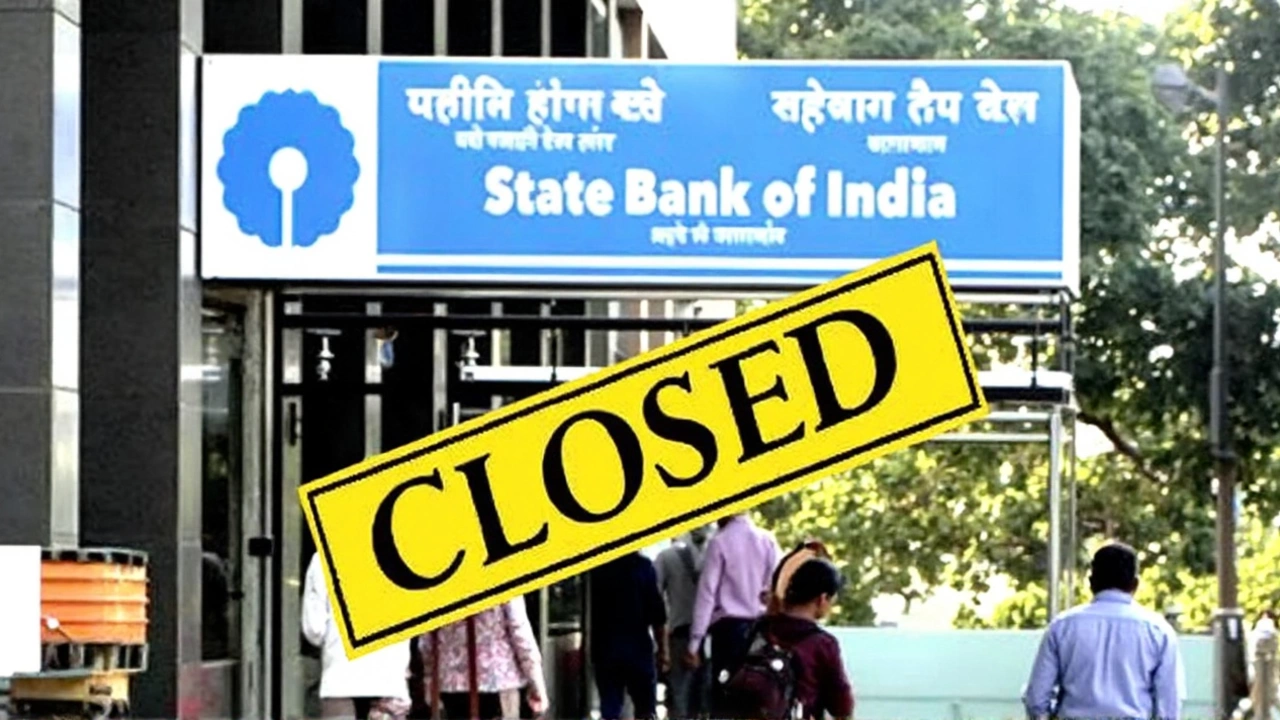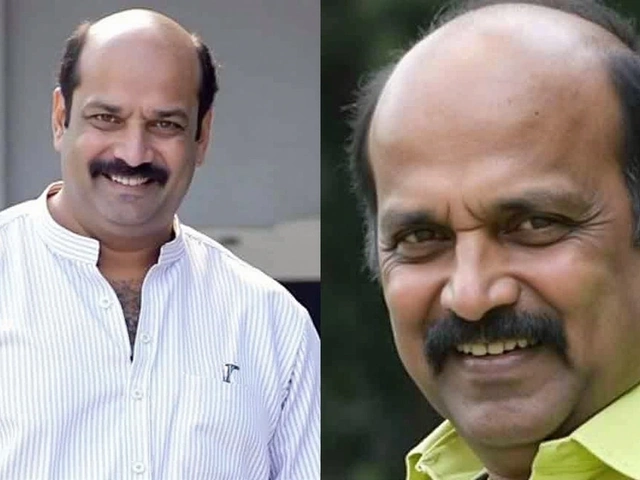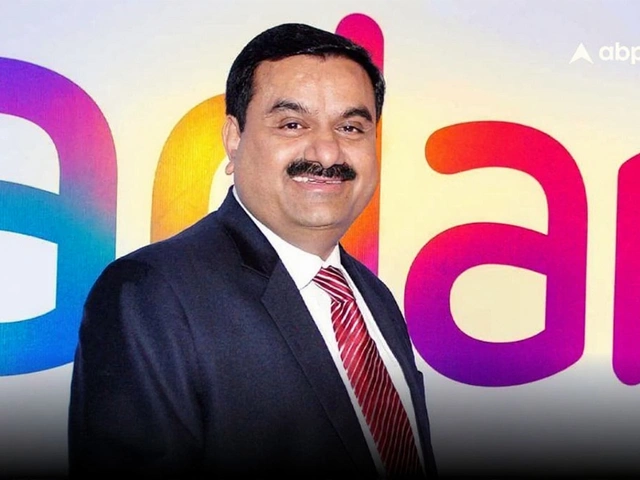Why Are Bank Unions Planning a Big Strike?
If you were planning a trip to your bank in May, you might’ve been preparing for a day of closed shutters. But here’s the twist: India’s biggest bank unions have moved their strike to July 9, 2025. This isn’t just another random day off. It’s tied to deep frustrations over bank strike issues that affect millions—workers and customers alike.
The story starts with rising tensions about the privatization of public sector banks and a bigger foreign stake in insurance. Unions like AIBEA and BEFI aren’t just talking about pay raises. They want the old pension plan (the Old Pension Scheme) back, protections against outsourcing permanent jobs, and an end to the government selling its stake in public banks. The move to allow more foreign investment in insurance and new labor reforms have set off alarm bells, with fears about job security ringing the loudest.
Add to that, they’re pushing back against high banking service charges and the trend of bringing in more contract workers instead of hiring permanent staff. Many bank employees say these changes weaken the public sector and threaten their future stability. There are also calls to merge public sector general insurance companies into one powerful entity—making the system stronger and, they believe, more accountable.

What Led to the Delay—and Who’s Involved?
The strike was supposed to hit on May 20, 2025, but the unions pressed pause after the tragic terror attack in Pahalgam. It’s not just banks getting involved—insurance giant LIC and other allied services are lining up with the protest as well. For everyday people, this means most public sector banks and insurance offices could remain closed on July 9, so anything from deposits to loan clearances could stall for the day.
- AIBEA (All India Bank Employees’ Association) and BEFI (Bank Employees Federation of India) are the main engines behind the strike.
- LIC and several public sector insurance offices are set to stand together, amplifying the protest’s reach.
- Unions want government action: roll back privatization plans, restore the Old Pension Scheme, stop hiring on contract, and reduce irritating service fees.
These are not demands pulled from thin air. For months, unions have been shouting warnings about the possible fallout from rapid changes in policy—especially when it comes to workers’ rights, long-term security, and customer costs. Their message is simple: keep public banking strong, ensure fair treatment, and don’t let profit trump public interest.
July 9, 2025, could see cash counters and help desks deserted across India’s cities and towns. If you’ve got important banking to do, it might be smarter to plan around that date. The next two months will show whether the government takes the unions’ warnings seriously—or if the standoff is just getting started.



